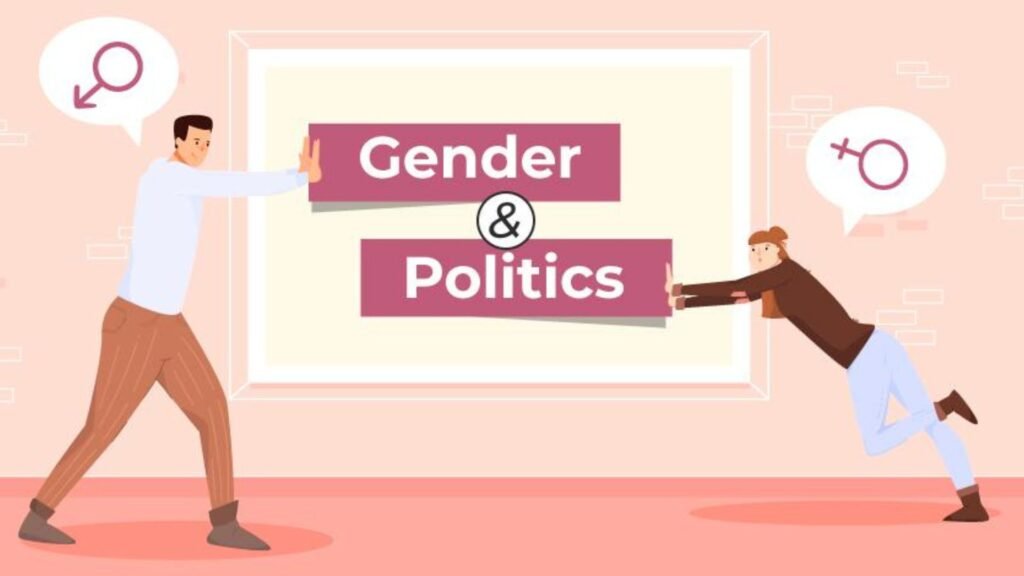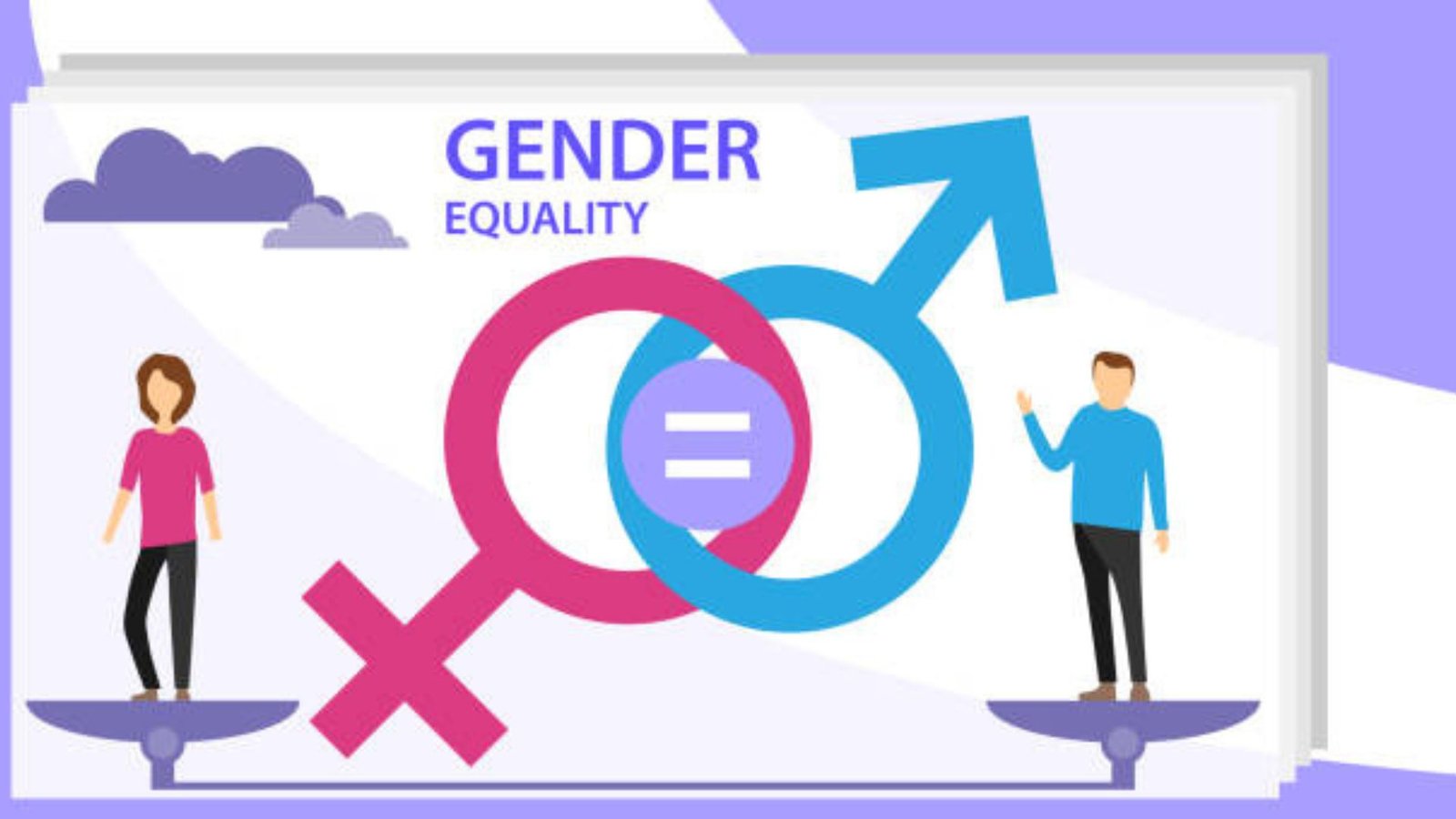Gender Equality in Political Representation
Gender equality in political representation is crucial for creating a fair and democratic society. When all genders are equally represented in political positions, it ensures that diverse perspectives are considered in decision-making processes. This article explores why gender equality in political representation matters and how achieving it can lead to more inclusive and effective governance.

Why Gender Equality in Political Representation Matters
Gender equality in political representation is important for several reasons:
- Inclusive Decision-Making: Diverse political representation ensures that the needs and concerns of all genders are addressed. This leads to more balanced and comprehensive policies.
- Democratic Principles: Equal representation upholds democratic principles by ensuring that all voices are heard and represented in government.
- Policy Impact: Gender-diverse leadership can lead to the development of policies that better address issues affecting different genders, such as healthcare, education, and workplace equality.
- Role Modeling: Equal representation in politics serves as a powerful role model for future generations, demonstrating that leadership roles are accessible to everyone, regardless of gender.
Current Challenges in Achieving Gender Equality in Political Representation
Achieving gender equality in political representation faces several challenges:
1. Underrepresentation of Women
Women are often underrepresented in political positions, especially in leadership roles. This underrepresentation can be due to:
- Barriers to Entry: Women may face barriers such as biased perceptions, lack of support, and fewer opportunities for advancement in politics.
- Historical Disparities: Historical gender disparities and societal norms can perpetuate the underrepresentation of women in politics.
2. Discrimination and Bias
Discrimination and bias can hinder the progress of gender equality in political representation:
- Stereotypes: Gender stereotypes can influence perceptions of political candidates, affecting their chances of success.
- Bias in Political Processes: Bias in nomination and election processes can disadvantage female and non-binary candidates.
3. Lack of Support and Resources
Political candidates from underrepresented genders may have less access to resources and support:
- Funding Gaps: Female and non-binary candidates often face challenges in securing campaign funding compared to their male counterparts.
- Networking Opportunities: Limited access to political networks and mentorship can affect the success of candidates from underrepresented genders.
Strategies for Promoting Gender Equality in Political Representation
To achieve gender equality in political representation, consider the following strategies:
1. Implement Quotas and Targets
Quotas and targets can help increase the representation of underrepresented genders:
- Gender Quotas: Establishing gender quotas for political candidates or elected positions can ensure a minimum level of representation for all genders.
- Targets for Parties: Political parties can set internal targets to promote gender diversity in candidate selection and leadership positions.
2. Support for Female and Non-Binary Candidates
Providing support and resources for female and non-binary candidates can help level the playing field:
- Funding and Grants: Offer financial support and grants to help underrepresented candidates run successful campaigns.
- Mentorship and Training: Provide mentorship programs and training opportunities to prepare candidates for political roles and address skill gaps.
3. Promote Inclusive Policies and Practices
Implement policies and practices that support gender equality in politics:
- Family-Friendly Policies: Develop family-friendly policies, such as paid parental leave and flexible working arrangements, to support politicians with caregiving responsibilities.
- Anti-Discrimination Measures: Enforce measures to prevent discrimination and bias in political processes and institutions.
4. Encourage Public Awareness and Advocacy
Raise awareness and advocate for gender equality in political representation:
- Public Campaigns: Run campaigns to highlight the importance of gender diversity in politics and encourage public support for equal representation.
- Educational Programs: Implement educational programs to inform voters and political leaders about the benefits of gender equality in political representation.
5. Promote Gender Diversity in Political Institutions
Ensure that political institutions reflect gender diversity:
- Diverse Committees: Establish diverse committees and advisory boards to include different perspectives in decision-making processes.
- Inclusive Leadership: Promote inclusive leadership practices within political organizations to support gender equality.
Benefits of Gender Equality in Political Representation
Achieving gender equality in political representation offers several benefits:
- Enhanced Governance: Diverse political representation leads to more balanced and effective governance by incorporating a wider range of perspectives.
- Improved Policy Outcomes: Policies developed with input from all genders are more likely to address the needs and concerns of the entire population.
- Greater Public Trust: Gender-diverse leadership can enhance public trust in political institutions by demonstrating a commitment to fairness and inclusivity.
- Role Model Effect: Equal representation serves as a role model for future leaders and encourages more diverse participation in politics.
Conclusion
In conclusion, gender equality in political representation is essential for creating a fair and effective democratic system. By addressing challenges such as underrepresentation, discrimination, and lack of support, and implementing strategies like quotas, support programs, and inclusive policies, we can promote a more inclusive and representative political landscape.
Gender equality in politics not only improves governance and policy outcomes but also serves as a powerful example for future generations. Committing to these practices helps ensure that all voices are heard and valued in the political arena, contributing to a more equitable and just society.



